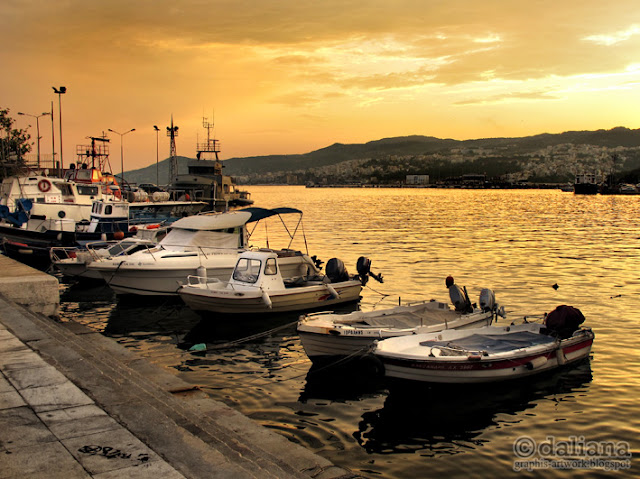"...The Great Union of 1918 was and remains the most sublime event in Romanian history. Its greatness resides in the fact that the fulfilment of the national unity is not the work of any politician, government or party; it is the historic deed of the whole Romanian nation, accomplished out of a powerful longing coming from the vivid awareness of the unity of the people and channelled by the political leaders for it to be led towards its aim with a remarkable political intelligence. [...]
The Great Union was not the result of Romania participating in the war. Neither the supporters of the Entente, nor those of the Central Powers did take into account the Russian revolution or the disintegration of the Austro-Hungarian monarchy. Their reasoning followed the traditional formula of the power relations between states: the victory of the Entente would bring to us Bucovina, Transylvania and the Banat, while the victory of the Central Powers would bring Bessarabia; one victory excluded the other so that no one could see how all these provinces could join the borders of the Old Kingdom simultaneously. [...]
It was not a military victory that laid the foundation of Great Romania, but the will of the Romanian nation to create for itself the territorial and institutional framework that is the national state. [...]
A historic necessity - the nation has to live within a national state - proved to be more powerful than any government or party, guilty of selfishness or incompetence and, putting the nation into motion, gave it that huge drive to overcome all the adversities and make its dream come true: the national state. [...]"
Florin Constantiniu - "A Sincere History of the Romanian People", "Univers Enciclopedic" Publishing House, 1997, p. 301-302.

































































